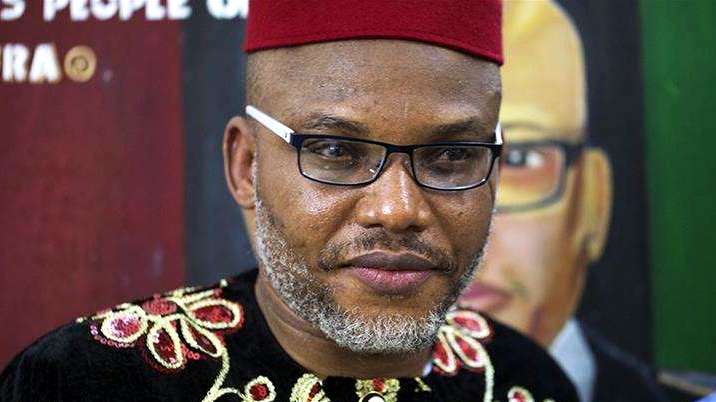The Presidential Election Petition Tribunal (PEPT) on Tuesday Abuja consolidated the petitions of the People’s Democratic Party (PDP), Labour Party (LP), and the Allied People’s Movement (APM) challenging the outcome of the February 25 Presidential election, despite strong opposition from President-elect Asiwaju Bola Ahmed Tinubu.
Justice Haruna Simon Tsammani, who leads the 5-member panel hearing the petitions against Tinubu and the All Progressives Congress (APC), stated that consolidation was adopted to facilitate a speedy resolution of the petitions. Justice Tsammani emphasized that the petitions are all related to the same election and the return of Tinubu as the winner, with similar issues raised by the parties involved.
Consequently, the Court has scheduled a full hearing into the merged petitions for Tuesday, May 30.
Tinubu and the APC vehemently opposed the proposal to consolidate the petitions challenging their victory as joint winners of the election. They argued that consolidation would jeopardize their defense and impede justice, as they would be unable to effectively address the numerous allegations made against them with the significant number of witnesses lined up.
Tinubu’s representative, Chief Akin Olujimi SAN, raised objections to the provision in the Electoral Act 2022 that allows for consolidation of petitions against the same election and declaration of the winner. He argued that different issues were raised in the petitions against Tinubu, warranting separate hearings.
Kabir Masari, the 5th defendant in the APM’s petition against Tinubu, also vehemently opposed consolidation, citing potential confusion and chaos. He maintained that while the Electoral Act permits consolidation, it would not serve the interest of justice in this case.
However, the Independent National Electoral Commission (INEC) and the APM supported the proposal, urging the Court to disregard the objections and consolidate the three petitions for a swift hearing.
The Court dismissed the strong objections from Tinubu and the APC, agreeing with Atiku’s lawyers that consolidation was necessary due to the time-sensitive nature of the petitions. The Court held that the petitions were related to the same election and declaration of results.
In addition, the Court ordered Atiku, Obi, and their parties to present their joint petitions against the presidential election within three weeks. They were also given the same timeframe to submit objections regarding Tinubu’s qualifications for the election and his subsequent victory.
The Court further instructed Tinubu and INEC, the parties targeted by the petition, to defend their victory within five days.
Atiku and the PDP, who viewed the objections to consolidation as a tactic to delay the disposal of the petitions, welcomed the decision, as it allows for substantial justice to be served in their grievances against Tinubu’s election.
The Court’s decision to consolidate the petitions was based on the provisions of the Electoral Act 2022, given the limited time available for the petitions to be resolved.
Immediately after the Court’s order, Obi, who was present in court, left with his lawyers to prepare for the full-blown hearing of the petition.
The three petitioners based their arguments on irregularities, substantial non-compliance, and corrupt practices, seeking to overturn the declaration of Tinubu as the election winner.
Furthermore, while the petitioners aimed to disqualify Tinubu on grounds of alleged perjury and drug-related offenses, the APM specifically urged the Court to nullify the participation of the APC, Tinubu, and Vice President-elect Senator Kashim Shettima, arguing that the “place holder” introduced by Tinubu in regard to his Vice President nominee was not recognized by law.
Additionally, both the LP and PDP criticized INEC’s declaration of Tinubu as President.



